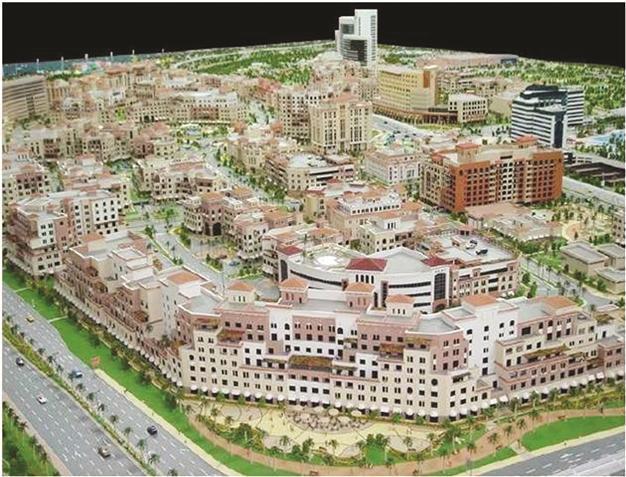Turkey to launch ‘free health zones’ in 2014
ISTANBUL- Hürriyet Daily News

Turkey’s Health Ministry sees Dubai’s health free zone as an example. Some 2,400 firms are active in the zone, which includes 90 clinics and employs nearly 2,500 medical staff. DAILY NEWS photo, Erdem GÜNEŞ
Turkey’s Health Ministry revealed the details of a new initiative to turn the country into a destination for health tourism in the region by instituting a network of “health free zones” throughout the country.The plan aims to attract entirely foreign firms to invest in facilities in the zones by promising minimal red tape, the ministry’s head of the Medical Tourism Department told the Hürriyet Daily News in a recent written statement.
The health zones, which will be designated for “health tourism,” will create a new concept in the sector, according to the ministry. “Operator firms will be free from many taxes such as the Social Security Institution (SSI) premium, corporate income and value added taxes,” the official said.
The Turkish Cabinet will announce details about the health zones and the operator firms in December. The infrastructure for the zones will be completed by 2013 while the areas will open for business in 2014. No specific decision on the location of the zones has yet been made, the official told the Daily News. The number of medical staff who will be hired to work in the zones has also not yet been determined, the official added.
The project will also help Turkey attain high medical technology, the ministry said. Foreign physicians at the zones will be allowed to work without work permits and will not be required to sign an agreement with the SSI. Doctors and nurses who cannot speak Turkish will also be able to work in the free zones.
Spas, churches, mosques
It is estimated that 85 percent of the zones’ patients will be foreigners. The areas are expected to feature spas, recreational facilities, congress centers, techno cities, sport areas, cemeteries, churches, mosques and synagogues.
The ministry also said free zones are slated for construction near international airports in large areas. The number of free zones must be limited, however, according to reports. Non-Turkish foreign health personnel could be assigned to foreign patients at private hospitals that are to be established in the zones.
“We want patients from abroad; on the other hand, we have some measures in place to enlarge the private sector. So we have a plan in order to prevent such an inconsistency. We may [move to] employ a certain number of doctors, nurses and health officials from abroad at the new hospitals established in free zones,” Turkish Health Minister Recep Akdağ told daily Akşam on Aug. 10.
Some 4,500 people will be employed in the sector in the next term, according to data by yenibiris.com, an online job search database.
Recent classified ad numbers show that there is severe lack of qualified personnel in the health sector.
Nurses and patient counselors are the two most sought-after professions. Interest in the sector from the unemployed has also increased. The number of applications to health-sector jobs in the first half of 2012 rose by 133 percent compared to the previous half. The most-applied-for positions are patient counseling and accounting staff. Similar health zones exist only in Iran and Dubai, but the Health Ministry said the Islamic republic was not able to launch operations.
















